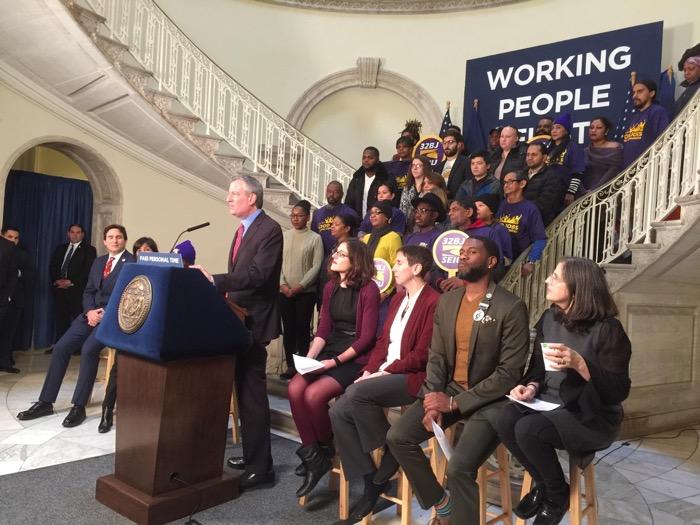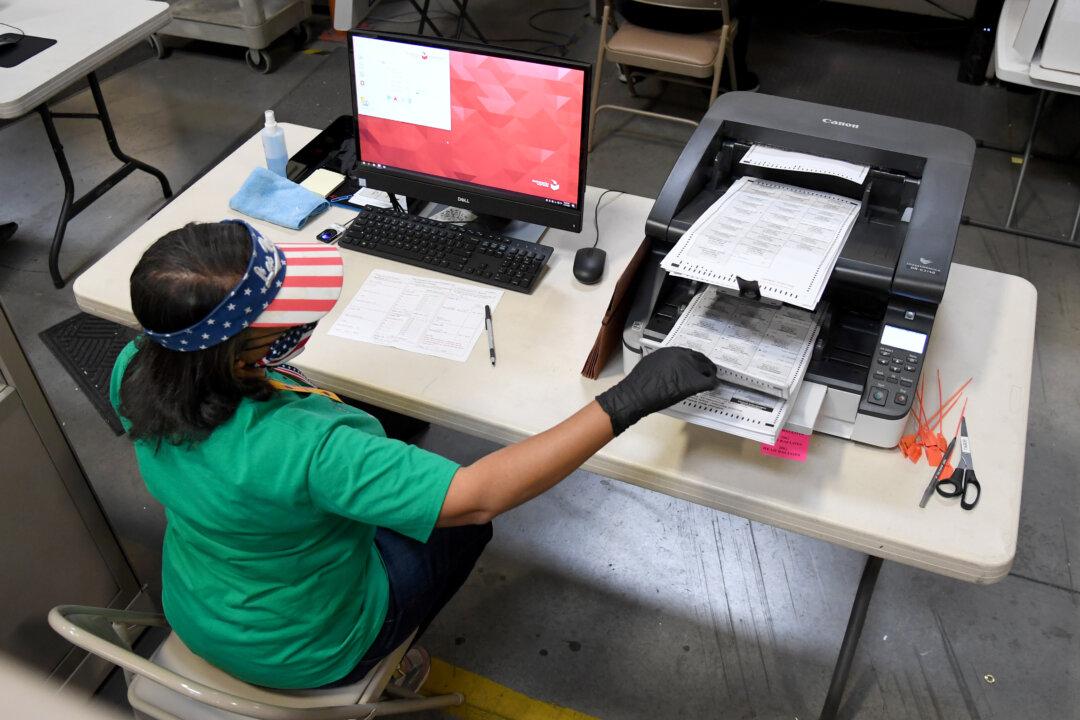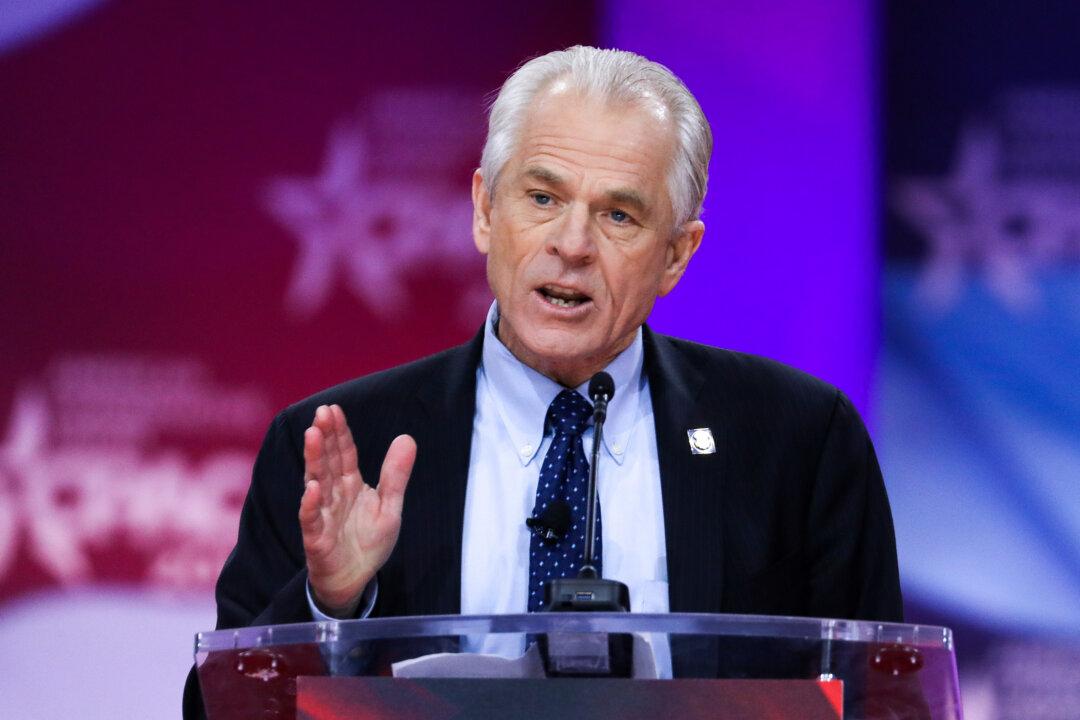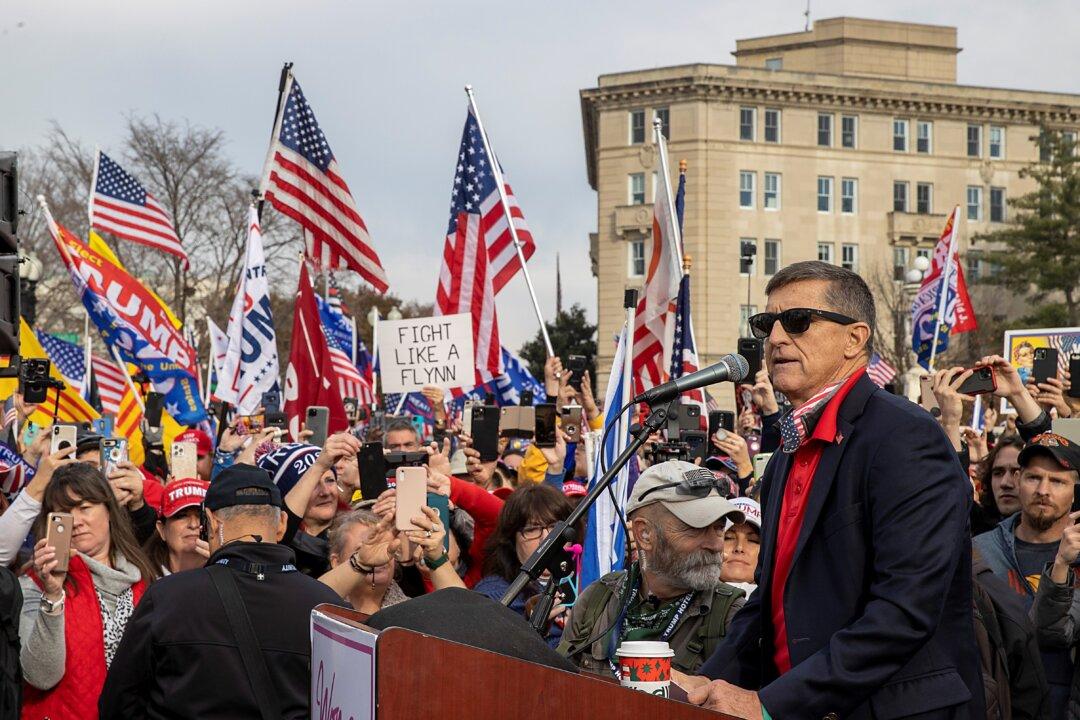On Jan. 9, New York City Mayor Bill de Blasio, announced a bill, that if passed, would allow the city government to force businesses to give 10 days of paid time off (PTO) to employees. Currently, no state or federal law requires businesses to give employees PTO.
Joined with 32BJ—a national worker’s union—the mayor said that because of technology’s development, workers are working harder, and for this reason, they need time off. He added that sometimes, people just need a break. Full-time and part-time workers would be guaranteed PTO.





